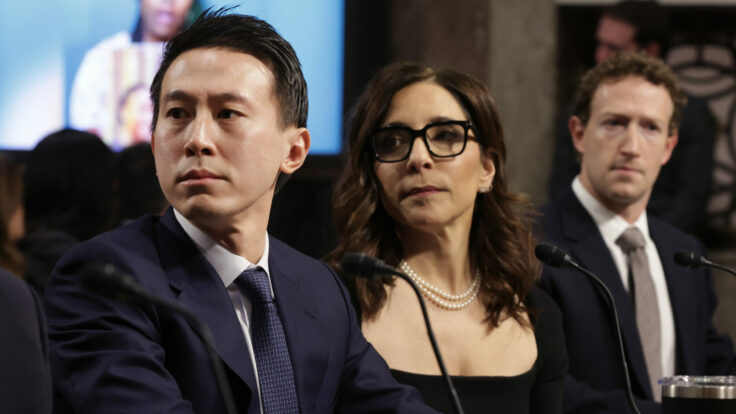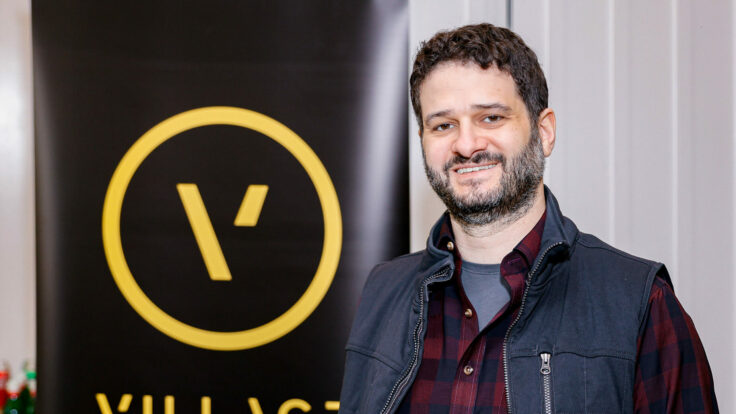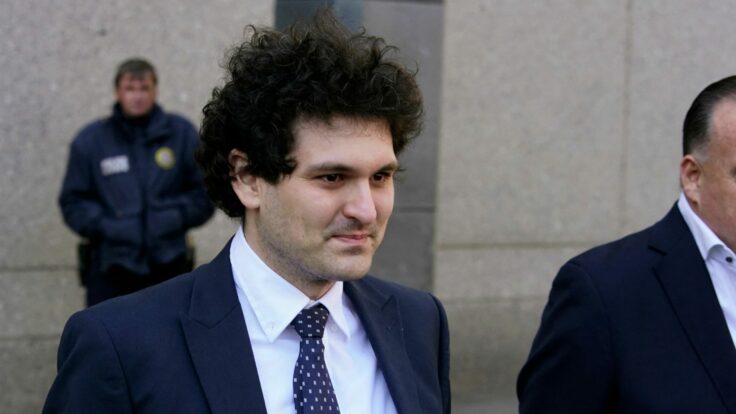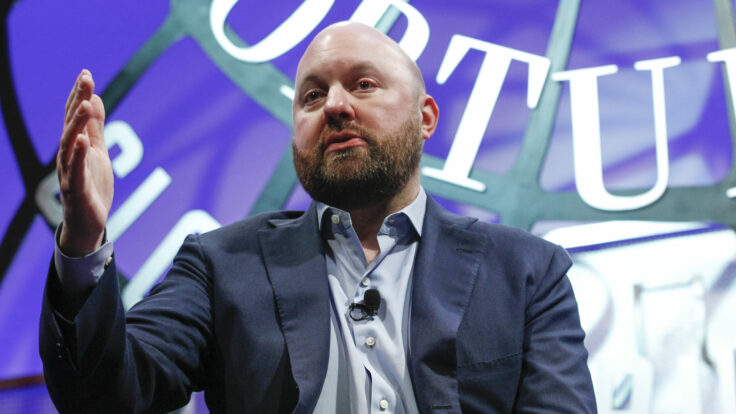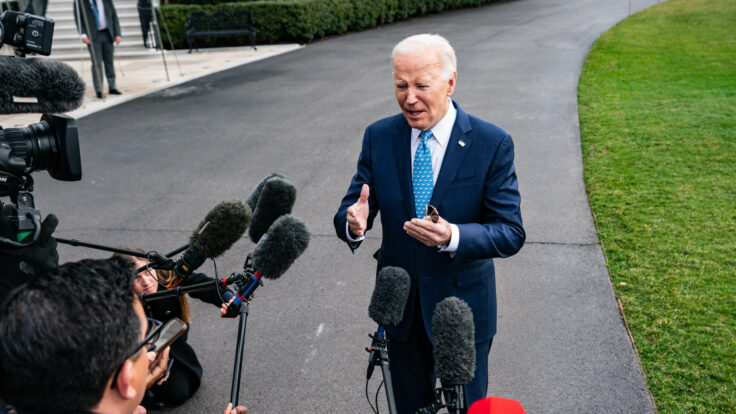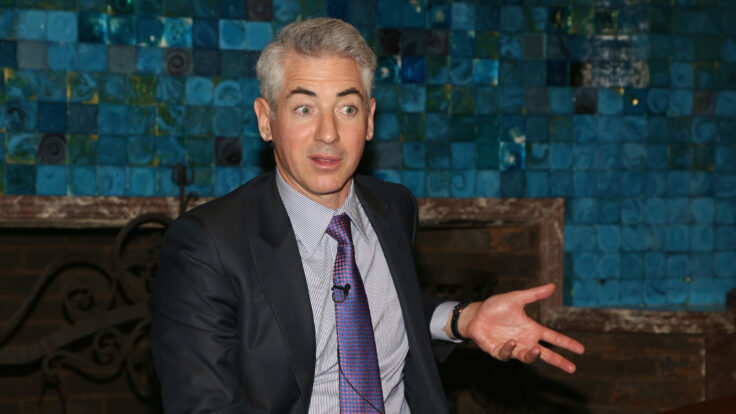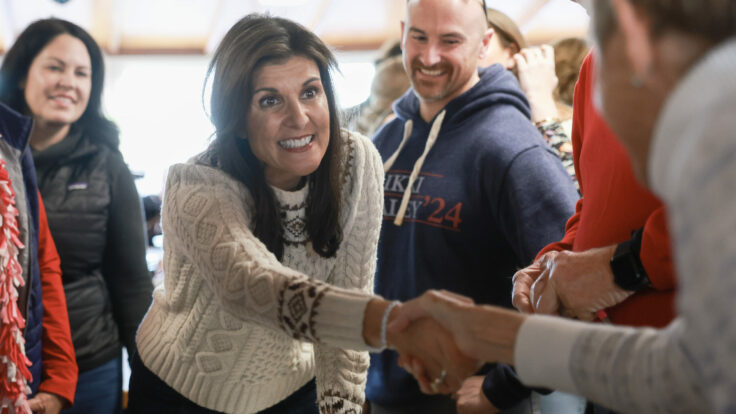Over the last few months, Eric and Wendy Schmidt have quietly started a new philanthropic initiative that is shaping up to be an influential nerve center of the ultra-high-net-worth world. The effort, I have learned, is called P150—and it is already gaining traction among advisers to the mega-wealthy who want to co-fund new programs and share contacts and ideas, but also feel constrained by what some participants in the group call “single shingles,” or shops that serve a single donor without much staff. “Just about everyone I know is part of this community now,” said one consultant who was pitched on the org, with some amazement.
Indeed, this year, aides at Schmidt’s philanthropy, Schmidt Futures, have been reaching out to tons of advisers and other billionaire donors, inviting them to join P150. The solicitations have generated a ton of buzz and intrigue, as often surrounds work with someone as powerful as Schmidt, according to a half-dozen people who heard the pitch or are involved. The project name is inspired by Dunbar’s Number—the notion that a person can only have 150 quality relationships at a time—and the big idea is to create a philanthropic community that would encourage its adherents to move money more quickly, just like, say, Bill and Melinda’s Giving Pledge. Unlike many Gates projects, however, P150 describes itself as “action-oriented”—less high-minded cerebral talk from donors, more deal flow from people actually doing the work.








